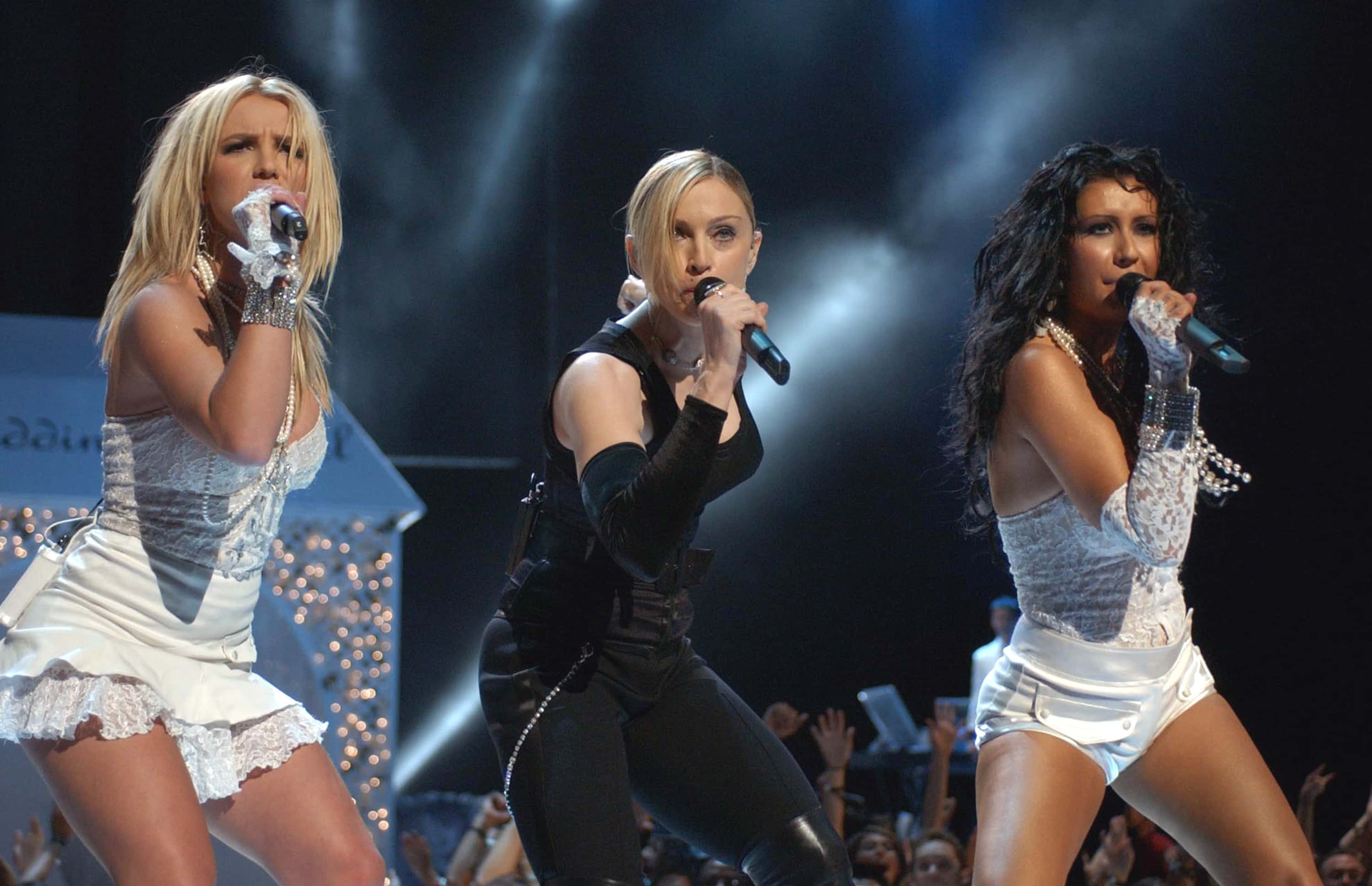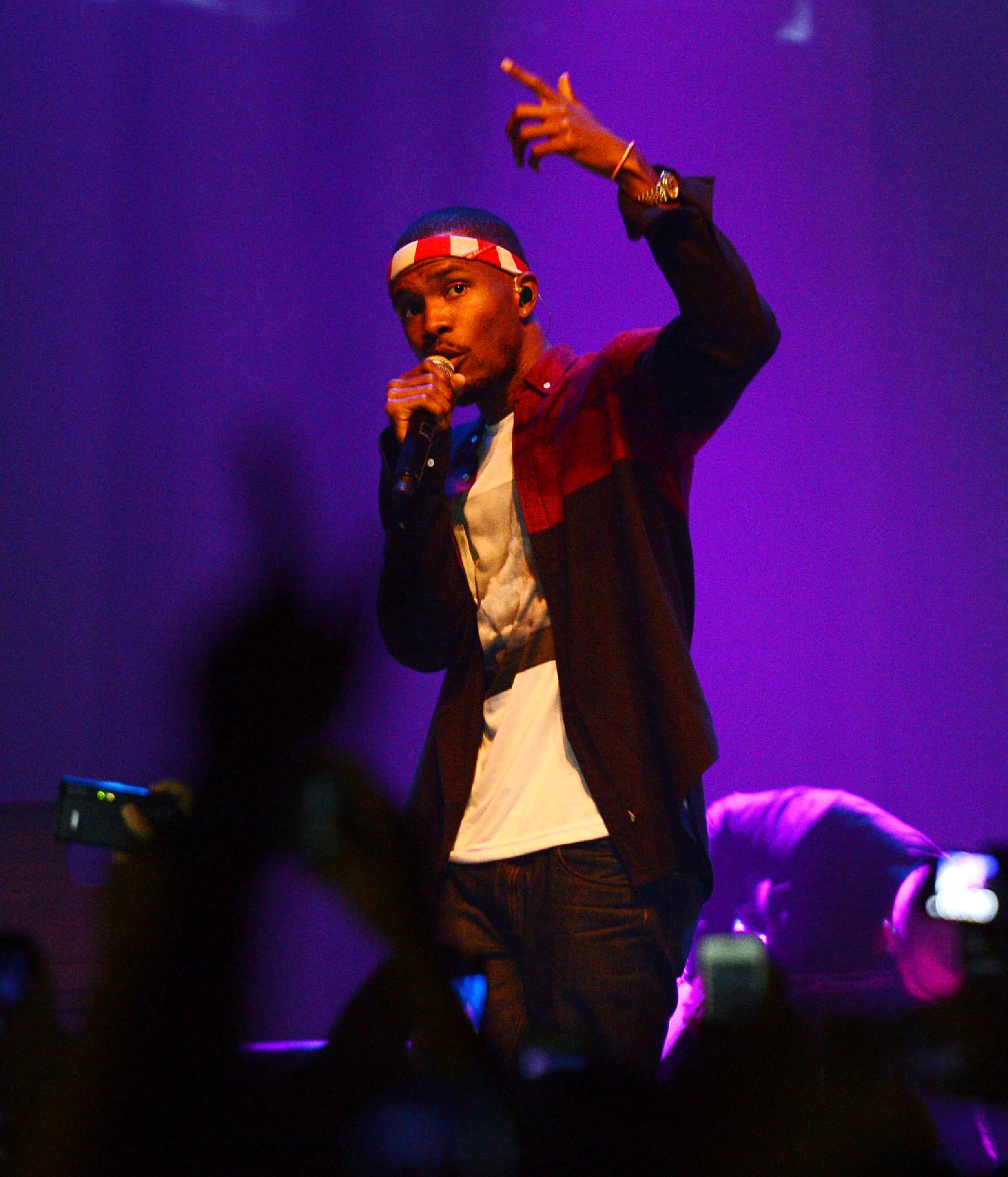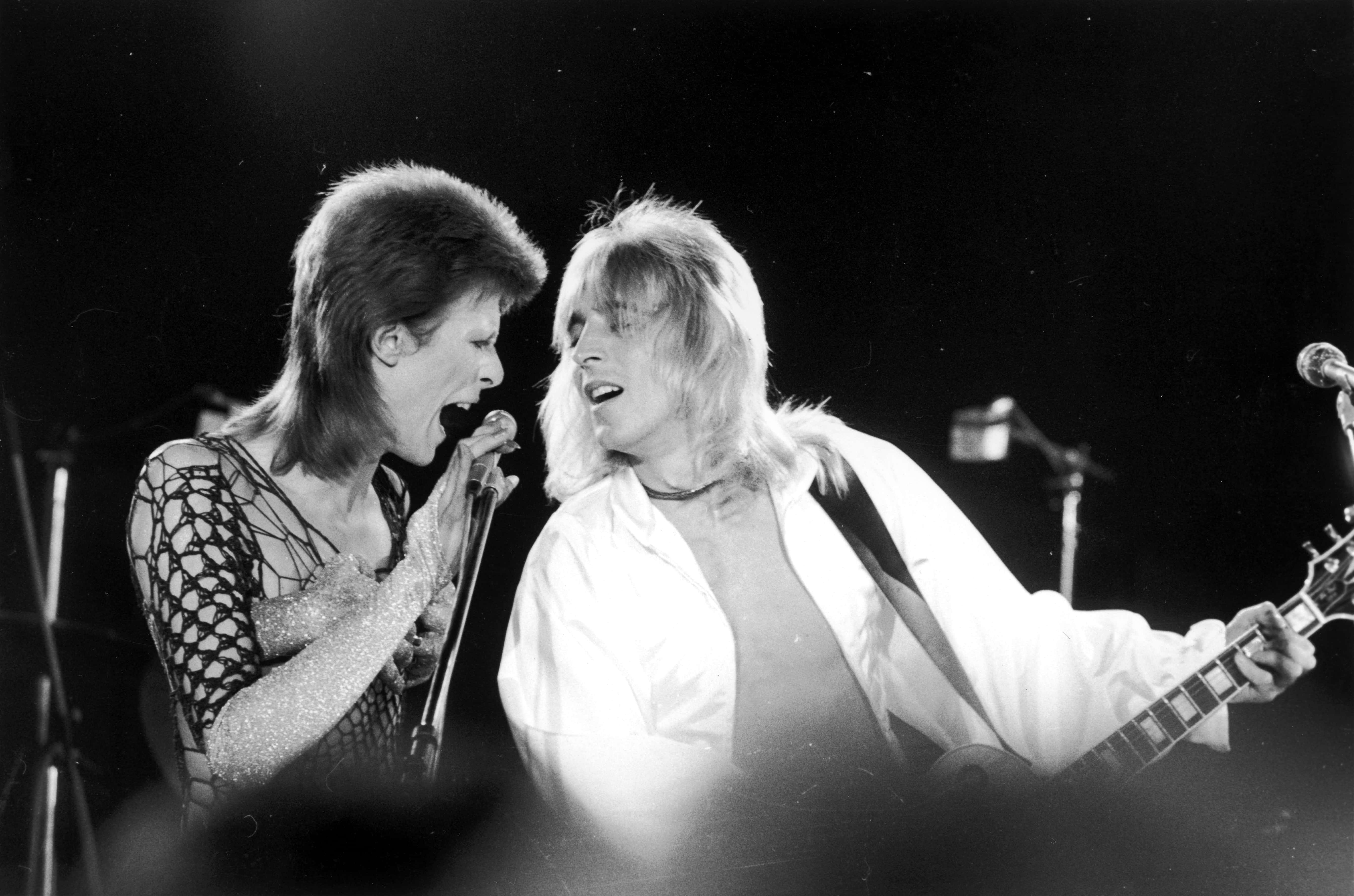Pride Month 2020: Revolutionary drag to 'mock fellatio', here are 5 iconic queer moments from music history

The music industry has had more iconic moments than anyone could possibly count. As it continues to grow and evolve, it often finds itself grappling with learning to be a more inclusive space that encourages all identities to express themselves honestly. And while it hasn't always succeeded in creating safe spaces for marginalized communities, music has often proven to be a powerful tool for these groups to make their presence known, in addition to sharing their lived experiences and expressing solidarity with one another.
Over the course of contemporary music history, some moments have stood out, particularly owing to the legacy they left behind. Here are five such moments.
Queen 'Breaks Free' in Drag
In 1984, Queen released the music video for their song 'I Want to Break Free' which saw all four members of the band, dressed as female characters from Coronation Street: Freddie Mercury played Bet Lynch, Brian May was Hilda Ogden, John Deacon (who penned the track) portrayed Ena Sharples, and Roger Taylor (who proposed the idea) posed as Suzie Birchall. The song itself was very positively received over most of the world - except North America. And while the video was received positively in Britain due to the concept being a popular trope in British comedy, it was deemed controversial in the United States.
Mercury, who never confirmed nor denied his sexuality, was largely believed to be bisexual. He was a flamboyant personality and this added to the perception that he was queer. When the video for 'I Want to Break Free' dropped, it was seen by many as Mercury's declaration that he was, in fact, bisexual, despite the concept itself being nothing more than a regional joke. The song soon became an anthem in the fight against oppression, particularly for the queer community. The band themselves were confronted by this very oppression when, during a performance in Rio de Janeiro in 1985, concert-goers began hurling stones at Mercury. Realizing his outfit may have been what incited the violent act, Mercury removed his wig and false breasts, which seemingly calmed the audience down. The incident deeply disappointed the singer.
Madonna, Britney, and Christina make Gay Pop history
Long before the likes of Miley Cyrus made overtly sexual statements on the VMA stage, the queens of '80s and '90s pop made LGBTQIA+ history with an opening act that is yet to be topped by any other performer. Madonna has long been a queer icon, establishing herself as an advocate for gay rights all the way back in the '80s. But despite her bold stances, no one was ready for what she would do at the 2003 VMAs.
The stage opened with Britney Spears and Christina Aguilera, the at-the-time newest queens of pop and emerging queer icons taking turns singing 'Like a Virgin' dressed in the very same wedding gowns worn by Madonna in 1984, with the queen of pop herself emerging out of a giant wedding cake before performing a tango and making out with the two younger artistes all while the cast of Queer Eye For The Straight Guy was going absolutely wild in the audience. And while everyone was still processing what just happened, Missy Elliott hopped onto the stage and closed the act with a few lines of her single, 'Work It'.

This was seen as a massive moment for queer America. After all, it was a glowing endorsement of queer identities from the reigning queens of pop with a little help from one of the reigning queens of rap and hip hop.
Frank Ocean comes out
On July 4, 2012, Frank Ocean, a member of Odd Future and a rising R&B star, published a post on Tumblr that revealed his first love was a man, one week before dropping his critically-acclaimed debut album 'Channel Orange'. The post was Ocean's way of pre-emptively coming out after a British journalist began speculating about his sexuality due to Ocean using the pronoun 'he' in his love songs like 'Bad Religion' and 'Forrest Gump'. While the piece shared intimate details about the singer's sexuality and experiences, it did not openly declare that he was gay or bisexual. Ocean found immediate support in fellow hip hop artistes Jay-Z, Tyler, the Creator and Russell Simmons.
Following the release of his album, which included themes of queer love, Ocean shot to fame. In addition to critical acclaim, 'Channel Orange' won Album of the Year ar the Soul Train Awards and earned Grammy nominations in several categories, of which he won Best Urban Contemporary Album, marking one of the first instances where an openly non-straight black male artiste found both commercial and critical success. Ocean's post would be seen as many as the beginnings of a revolution in rap and hip-hop, one that opened up conversations around sexuality, gender identity and masculinity within the genres as well as the industry at large.

David Bowie performs 'Mock Fellatio' on stage
From quintessential bisexual anthems like 'John, I'm Only Dancing' to introducing his alter-ego Ziggy Stardust, to coming out as gay - and later, bisexual - and dating trans actor Romy Haag (who Bowie referred to as his muse), Bowie established himself as one of the most important queer figures in the '70s. His choice to don sparkly, often androgynous outfits all while being an openly non-straight artiste during an era when most were still unwilling to recognize the very existence of queer identities was nothing short of revolutionary. Not to mention, his music and style have continued to influence the music industry in the decades since he hit the scene.
But in addition to being openly queer, Bowie was also open about his sexual exploits. And one such moment where he boldly displayed everything from his queerness to his penchant for being overtly sexual was when he got freaky on stage with his guitarist Mick Ronson. The moment is often remembered as occurring halfway through a 1972 edition of Top of the Pops when Bowie, who was performing Starman as Ziggy Stardust, clad in his trademark multicolored lycra jumpsuit draped his arm around Ronson's shoulder, looking seductively into the guitarist's eyes. In reality, that's as far is it went with that performance, though it still courted controversy for being dangerously queer. In concerts, however, Bowie would take it further by performing 'mock fellatio' on Ronson's guitar, marking one of the earliest instances of an artiste engaging in an openly queer act on stage.

Lil Nas X breaks barriers
Genre-hopping rapper Lil Nas X made history when he came out as gay on Twitter during Pride Month 2019 while his smash-hit 'Old Town Road' was riding the top of the charts. The song earned the artiste two MTV Music Awards, including Song of the Year, in addition to the American Music Award for Favorite Rap/Hip Hop Song. It opened up conversations around the crossover between hip hop and country music and became a point of contention between people who believed it belonged on country music charts and others, such as Billboard, who actively sought to have it removed from the same charts.
Despite attempts to block its success as a country song, 'Old Town Road', which began as a viral TikTok trend before seeing worldwide fame after remixed versions featuring artistes like Billy Ray Cyrus and BTS' RM were released, went on to win a Country Music Association award, it marked the first instance of an openly LGBTQIA+ artiste winning the award. Nas X also made history as the first openly gay rapper to be nominated in all the top categories at the Grammys. The song also held on to its number one spot for a record-breaking 19 weeks. Additionally, Nas X's song broke genre and geographical barriers and became a worldwide sensation, making it a win for queer black folk everywhere.










